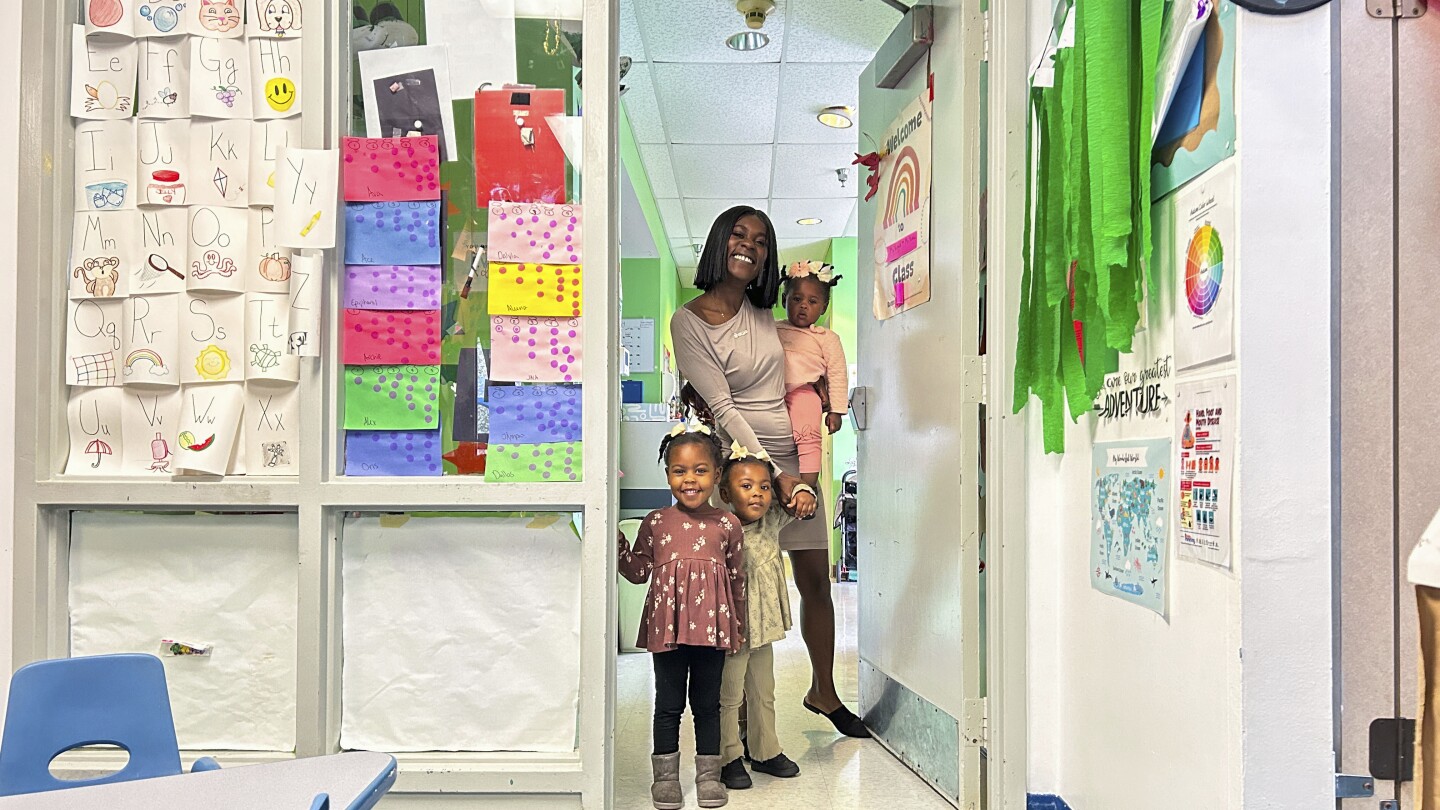…
Last year, New Orleans added more than 1,000 child care seats for low-income families after voters approved a historic property tax increasein 2022. The referendum raised the budget of the program seven-fold — from $3 million to $21 million a year for 20 years. Because Louisiana’s early childhood fund matches money raised locally for child care, the city gets an additional $21 million to help families find care.
New Orleans is part of a growing trend of communities passing ballot measures to expand access to child care. In Whatcom County, Washington, a property tax increase added $10 million for child care and children’s mental health to the county’s annual budget. A marijuana sales tax approved last year by voters in Anchorage, Alaska, will generate more than $5 million for early childhood programs.
The state of Texas has taken a somewhat different tack. In November, voters approved a state constitutional amendment that allows tax relief for qualifying child care providers. Under this provision, cities and counties can choose to exempt a child care center from paying all or some of its property taxes. Dallas was among the first city-and-county combo in Texas to provide the tax break.



apples and oranges dude. this article is about child care, not education. youre not wrong about education also taking a back seat, but this is an article about the critical nature of child care and a mild success in its implementation, not the also critically important child education.
Childcare is the colloquialism for Early Childhood Education.
So no, not apples and oranges, it’s bananas and nanas.
ahh i see, youre not capable of separating them despite our society being setup in very distinct compensatory categories. got it.
I work in the industry, we are educators.
And if you think teachers in schools are getting compensated well you’re also mistaken.
You don’t know what you’re on about, got it.